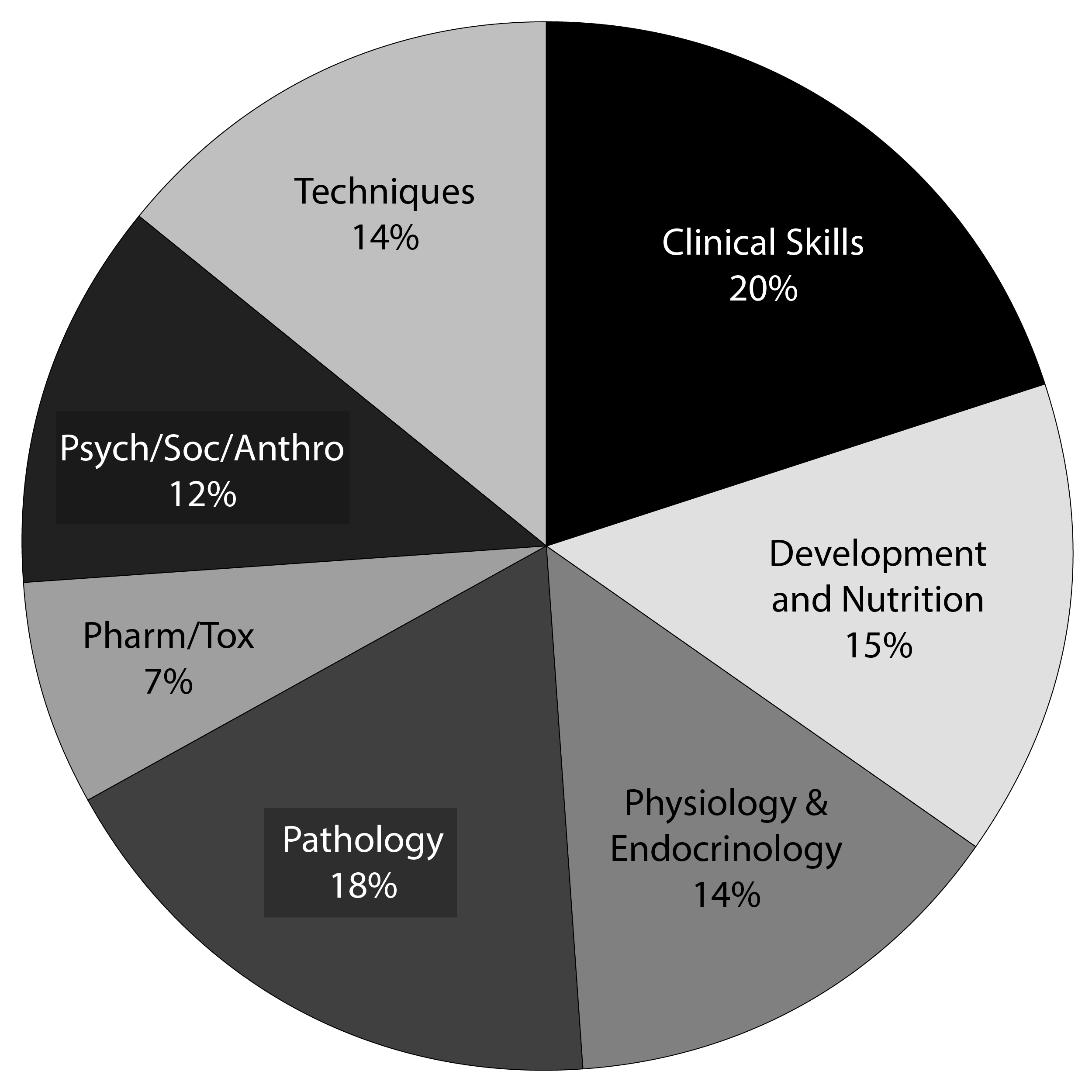
Okay, I admit, the title for this post might not be quite right. Because the “most” important category is the category where you have the most weaknesses! (And I’ve had plenty to say about what’s most important to study.) In my experience, some groups of people have greater weaknesses in some categories than in others. Nonetheless, it makes sense to look at the category with the greatest number of questions.
Familiarize yourself with IBLCE’s Detailed Content Outline
You can, and should, download the IBLCE’s Detailed Content Outline. I know, I know, the level of “detail” might not be as much as you might wish for, but you have to start somewhere. (And IBLCE has to draw the line somewhere on how much detail they provide.) Here are the main IBLCE Exam categories:
- Development and nutrition
- Physiology and endocrinology
- Pathology
- Pharmacology and toxicology
- Psychology, sociology, anthropology
- Techniques
- Clinical Skills
Note the percentages in each category
This year, I used the number of questions to create a pie chart. I wanted a visual representation of what the IBLCE would go heavy on.

Note three glaring things:
- The smallest number of questions will pertain to pharmacology and toxicology.
- Development and nutrition constitute 15%, and physiology and endocrinology make up 14%. In my mind, those two categories are fundamental to your understanding of pretty much everything else. Together, that’s 29%.
- The big kahuna here is the “Clinical Skills” category.
At first, I thought this “clinical skills” category was misnamed. Most of us don’t think of topics like research or public health to be subcategories of “Clinical Skills.” But I think — and I have no inside information here — that the idea is that the questions will pertain to how you would carry out strategies for those and the other subtopics they name there.
Try not to stress
I think it’s important to look at this information and know the IBLCE Exam categories, but where the IBLCE “goes heavy” on this stuff shouldn’t rock your world or shake your confidence. Be aware, but don’t over-study or under-study any of the topics. Just know your stuff, and tell yourself you can do it!
If you found this post helpful, please share it with a friend!

Thank you! This is incredibly helpful to see in chart form!
You are welcome! You ought to be a fly on the office wall at some of our staff meetings. The team knows that presenting a graph or a chart or a diagram of some kind “speaks” to me in a much more persuasive way. So, thanks for asking, we can’t be the only two people who relate to data this way!
Hi Marie, you are absolutely right! There are three of us now 🙂 Hopefully, others will leave a comment as well. When I saw the pie chart, it really lifted my spirits! Thanks you so much for doing this for us.
I’m so glad! I do love to share information, but even more than that, I love to lift someone’s spirits! Glad it worked for you, Roberta!